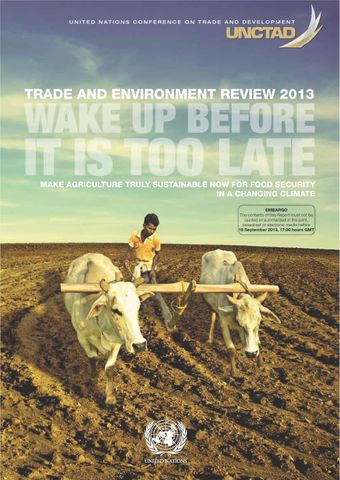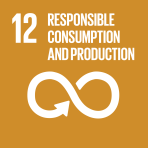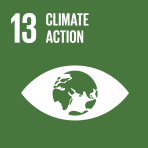The role of research and technology and extension services

- Author: Hans. R Herren
- Main Title: Trade and Environment Review 2013 , pp 171-218
- Publication Date: October 2013
- DOI: https://doi.org/10.18356/9c23d9a9-en
- Language: English
The main challenges confronting sustainable agricultural knowledge, science and technology (AKST) development relate to achieving a transition from the conventional industrial agriculture model with its high external inputs and vested interests of the main players in supplying agricultural inputs, output processing and marketing. This requires political will on the part of policymakers to implement the new course of action suggested by several specialized institutions, including the IAASTD, UNCTAD, UNER UN-DESA and the High Level Panel of Experts on Food Security and Nutrition as well as by the recent FAO-OECD Expert Meeting on Greening the Economy with Agriculture, held in September 2011. There is ample evidence in these reports to justify new investments in AKST for sustainable agriculture. Pressure at the policy level is growing due to the series of food crises, both with respect to shortages and price increases, experienced over the past few years. The tendency remains strong to continue with business as usual, which aims at quick fixes and quick results. If the repetition of the food crises that are becoming more frequent is any indication, then these quick fixes will run their course fast, with enormous negative social, environmental and economic consequences. The case for a change in paradigm is well documented. Merely fine-tuning the present systems or redefining the status quo with new terms such as "sustainable crop production intensification" or "climate smart agriculture", among others, will not bring about the paradigm shift needed. To stop the "mining" of natural capital and, in particular, to drastically reduce GHG emissions from agriculture and make it more climate resilient requires a genuine, fundamental transformation backed by additional research. Agroecology has the proper foundations to support the needed transition from where we are today to where we need to be by 2050, with all our agriculture, whether it is small or large-scale, both at the local and global levels. Agriculture and farmers need to be among the key considerations of policymakers, as people may suffer from financial crisis but they cannot survive without food and water. Agriculture should be top of the agenda in the debate on sustainable development and the green economy following the Rio+20 conference. It is only if agriculture, in its multifunctional role, takes centre stage that the other aspects of sustainable development will fall into place. The challenge for AKST is posed and the solutions for a new agricultural paradigm presented. It is now up to policymakers to swing into action. The time for more reports and debates on the merits of this or that technology has passed; we owe it to future generations to act now, and decisively, to safeguard our climate by building resilience and multifunctionality into our food systems to cope with the inevitable changes. These are the yardsticks against which we will have to measure progress towards sustainable agriculture. The AKST policies of tomorrow will need to address these challenges and develop the needed science, tools and criteria to implement the transition and measure progress.
© United Nations
ISBN (PDF):
9789210541756
Book DOI:
https://doi.org/10.18356/e2458603-en
Related Subject(s):
International Trade and Finance
Sustainable Development Goals:
-
From This Site
/content/books/9789210541756c007dcterms_title,dcterms_subject,pub_keyword-contentType:Journal -contentType:Contributor -contentType:Concept -contentType:Institution105
/content/books/9789210541756c007
dcterms_title,dcterms_subject,pub_keyword
-contentType:Journal -contentType:Contributor -contentType:Concept -contentType:Institution
10
5


